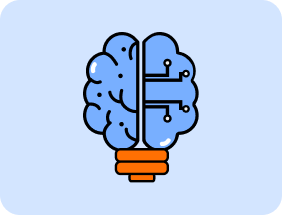- Home
- Solutions
- Join Community
- Methodology
- Limited Offer
-
Pricing
- More
What is the Activity?
The Pre-Class, In-Session, and Post-Class Activities create a structured flow of learning that maximizes engagement and comprehension.
Pre-Class (Self-Paced Learning): Learners review uploaded materials such as PDFs, case studies, articles, or video links. They engage in short tasks like answering MCQs, responding to prompts, or preparing for group problem-solving. This stage ensures they enter the classroom with essential background knowledge.
In-Session (Interactive & Collaborative Learning): Learners participate in discussions, debates, or group problem-solving activities guided by AI-generated real-world scenarios. They apply concepts actively, receive feedback, and collaborate in teams to present solutions. MCQs and live interaction further consolidate their understanding.
Post-Class (Reflection & Extension): Students complete AI-generated reflection journals with targeted questions. They summarize key takeaways, analyze their learning process, and connect lessons to broader contexts. This step deepens understanding and strengthens long-term retention.




 Individual
Individual
 Learner
Learner Mentor
Mentor Organisation
Organisation
 Learner
Learner Mentor
Mentor Organisation
Organisation






